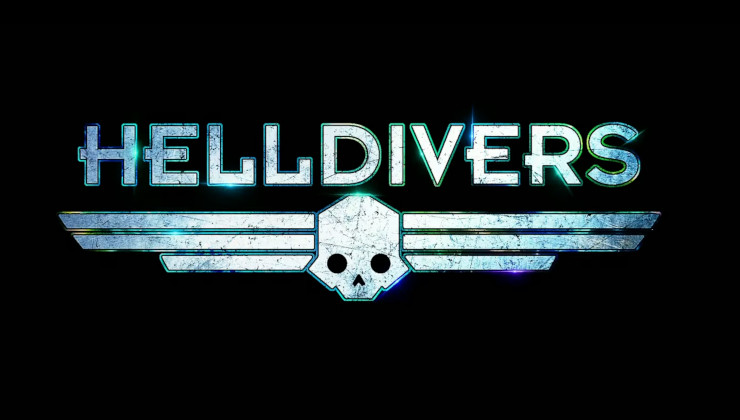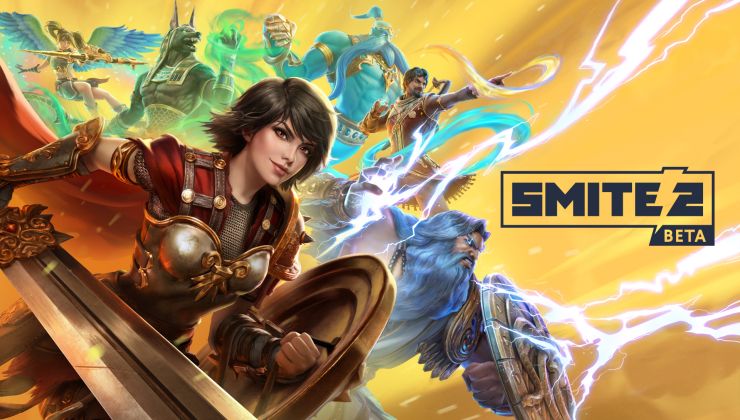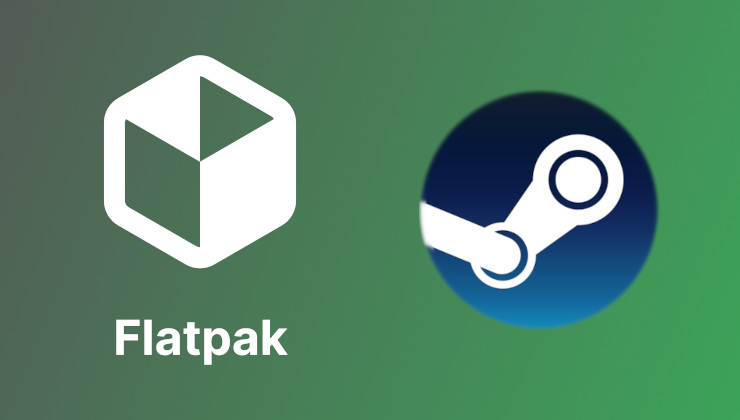LunarG have today, August 4 2020, released a new and enhanced version of their Vulkan SDK (software development kit).
What exactly is it? The Vulkan SDK is a collection of essential tools used by developers to assist in development and debugging of Vulkan applications. LunarG works with the Vulkan Working Group over at The Khronos Group to keep it open source, and provide ongoing upgrades to it.
Here's the highlights of Vulkan SDK 1.2.148:
- The Vulkan Configurator (vkconfig) has been redesigned resulting in many improvements to its capabilities and ease of use for the application developer. Vkconfig is a graphical application that allows users to specify which layers will be loaded by Vulkan applications at runtime. New vkconfig enhancements include better ease of use for the application developer and improved capabilities.
- Validation Layer support has been added for Vulkan Synchronization that supports single command buffers. This validation is exposed by the Vulkan Configurator for easy enablement. The code is in 'alpha mode'.
- The DirectX Shader Compiler (DXC) executable for Windows, Linux, and macOS are now available with this SDK.
There's also support for these new extensions: VK_EXT_image_robustness, VK_EXT_shader_atomic_float, VK_EXT_directfb_surface, VK_EXT_fragment_density_map2, VK_EXT_extended_dynamic_state along with improved validation coverage.
On the subject of platform support, the Vulkan SDK has now moved on from Ubuntu 16.04 to Ubuntu 20.04 for support.
You can find the Vulkan SDK here.
In other related software news for game development and Vulkan, the excellent RenderDoc stand-alone graphics debugger recently had a big release too. RenderDoc v1.9 went out in late July, adding in two major features for Vulkan with: pixel history and shader debugging which look to be extremely useful.
Last edited by Solarwing on 4 Aug 2020 at 8:43 pm UTC
Splendid. Hopefully new developers find a little easier their way to use Vulkan instead of DX12.There aren't that many DX12 titles either, especially considering it's been released about 5 years now. People get attached to their tools and platforms. It takes a lot of energy and time to move that much inertia.Still it seems there are too few games that have been created using Vulkan. Maybe the situation in tomorrow will be different..
If I remember correctly Vulkan was released a before on Feb 16, 2016? I thought it was a year after DX12.
We are starting to see most graphics engines and AAA games come with DX12 or/and Vulkan support.
The indie/small developers are still struggling to move past OpenGL and DX11, likely because they can't afford the time it takes to update their graphics engine versions (which requires significant effort once you ingrain your game into a specific version).
A good example of this is KCD Kingdom Come Deliverance, built on a older cryengine and has not updated to newer builds with vulkan or dx12, requires too much effort. (apparently)
Last edited by TheRiddick on 4 Aug 2020 at 10:17 pm UTC
DX12 has been around for 3 years, released on March 20, 2017. In its basic form, its since had .x updates.
It was released with W10 in 2015:
DirectX 12 was announced by Microsoft at GDC on March 20, 2014, and was officially launched alongside Windows 10 on July 29, 2015.
https://en.wikipedia.org/wiki/DirectX#DirectX_12
Well its been around for a while and developers are still struggling to update to newer builds of the graphics engines they use which support it all in latest versions since early 2019 for many.
That's right!When I think about the situation of DX12 games it's a bit sad - luckily for us. There are chances for Vulkan to win this "race".Now It's up to developers what they decide to use DX12 or Vulkan. Pesonally I think that Vulkan gives more freedom and possibilities than DX12 and those will be the 2 crucial factors that solve the whole thing race for Vulkan in the long run. But as you said it requires much energy and time to change tools and platforms. The road isn't easy but it's rewarding in the end - if you want to tread on that path. That's the way I see it.







 An idiots guide to setting up Minecraft on Steam Deck / SteamOS with controller support
An idiots guide to setting up Minecraft on Steam Deck / SteamOS with controller support How to install extra software, apps and games on SteamOS and Steam Deck
How to install extra software, apps and games on SteamOS and Steam Deck
See more from me